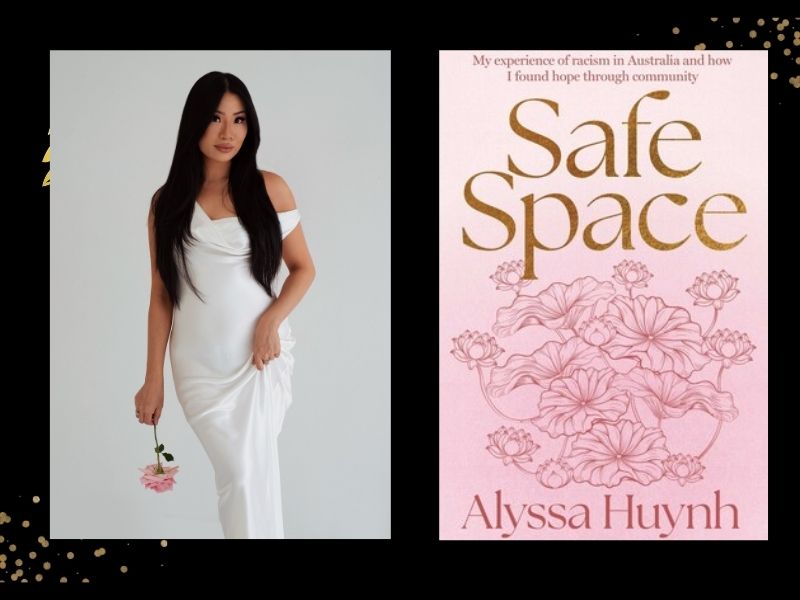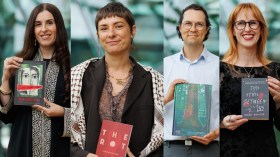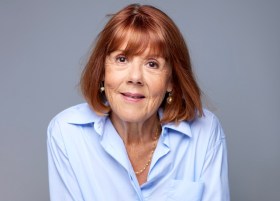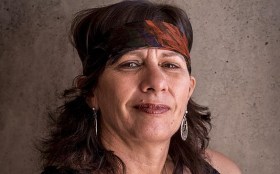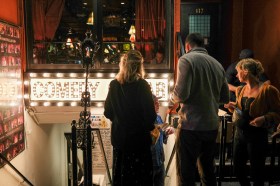In her introspective book Safe Space, Alyssa Huynh writes an honest account of her lived encounters of racism as an Asian woman living in Australia.
Her memoir proudly details her evolution as a writer blossoming against the backdrop of social media. Originating on Instagram as a modern day “Agony Aunt”, she crafted content that resonated deeply with her followers, ultimately fostering connection and support for those facing challenges.
Comprising 13 essays, the book begins with a narrative that initially exudes self-hatred. However, as readers explore further and embrace the unfolding story, they come to understand the psychological wounds inflicted by racism.
While Huynh’s adeptness at dispensing counsel shines through, she admits to the challenges of embodying her own advice along her personal journey. However, the words of San Suu Kyi, ‘If you’re feeling helpless, help someone,’ underpin Huynh’s work. Reflecting on the possible impact of Safe Space, she says, ‘…still, it warmed my heart to know that someone could read something I had written and feel deeply moved and touched by it’.
As Huynh’s social media platform shifted towards addressing anti-racism issues, she experienced a loss of followers and friends. While this came as a surprise, it did not discourage her from persisting as an advocate for the marginalised voices within her community.
In a chapter titled ‘#StopAsianHate’, inspired by the social movement that gained momentum in response to the surge in hate crimes against individuals of Asian descent, particularly during the COVID-19 pandemic, Huynh showcases her prowess in the online realm. She emphasises the power of social media and how geographical boundaries can be surpassed for both positive and negative purposes. To put it into context, she shares the impacts of racism through heartbreaking stories of people from various walks of life.
By underscoring Australia’s progress and the distance it still needs to traverse as a nation that prides itself on multiculturalism, Huynh prompts readers to confront the enduring racial injustices stemming from Australia’s dark history under the Immigration Restriction Act of 1901 or the White Australia Policy, which aimed to curtail the influx of non-white migrants to the country.
If given the chance for a do-over, the undertone of her expression hints at a desire to approach things differently and embrace her identity fully. There is a palpable sense of remorse in Huynh’s recollection of her younger self, who once confidently declared, ‘I wouldn’t date Asian men … I’m just not attracted to them.’
She reflects that her reluctance to date Asian men stemmed from a fear of appearing more Asian. This manifestation of self-disdain in her dating experiences is rooted in internalised racism, exacerbated by pervasive portrayals in mainstream media.
In Safe Space, the exploration of pain, frustration, and the impact on mental health is presented with a fresh gut-level anguish. The work may be misconstrued as a collection of trauma journalling due to its raw emotional depth.
In a seasoned social media approach, Huynh incorporates numerous calls to action in her book, advocating for meaningful acknowledgement of activists like herself. She urges you ‘to support and compensate those whose work you love instead of making demands on what and how frequently they should post. If that’s not an option, reach out to them, share how much you appreciate them and their work’.
Read: Theatre review: Cost of Living, Queensland Theatre
Additionally, she provides succinct and practical solutions to help readers navigate life while addressing racism, especially in online settings, by encouraging them to simply ‘start and let go of that fear of judgment from yourself and others’.
If you find joy in following Instagram or TikTok lives and crave a sprinkle of hashtag-driven motivation, then fasten your seatbelt because this journey is tailored just for you. While the book could have showcased more of the author’s nuanced cultural evolution of embracing her heritage wholeheartedly, it still stands as a significant testament to shedding light on the prevalence of racism in Australia.
Safe Space, Alyssa Huynh
Publisher: Simon & Schuster Australia
ISBN: 9781761421518
Format: Paperback
Pages: 304pp
Publication date: 5 June 2024
RRP: $34.99

